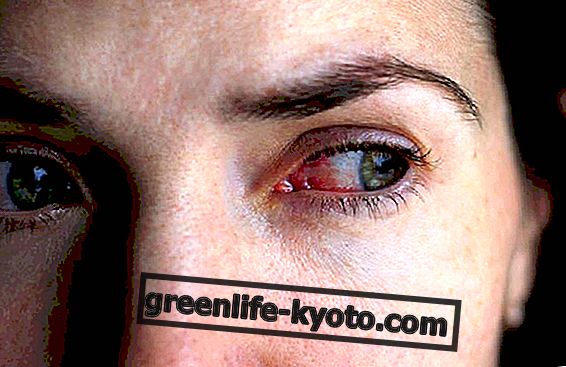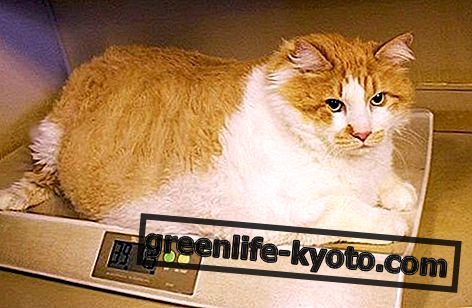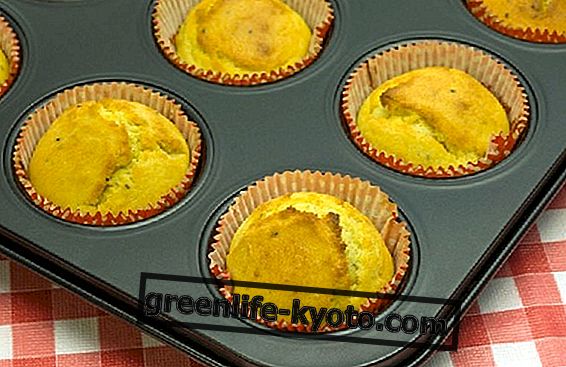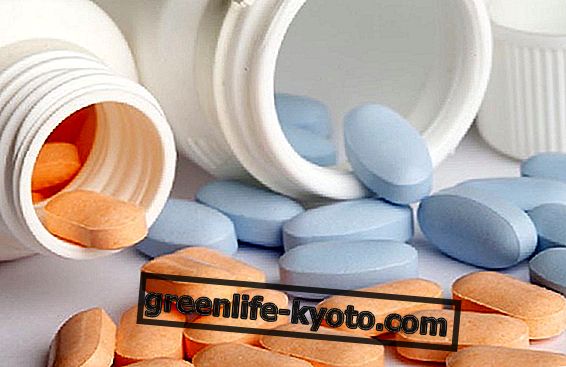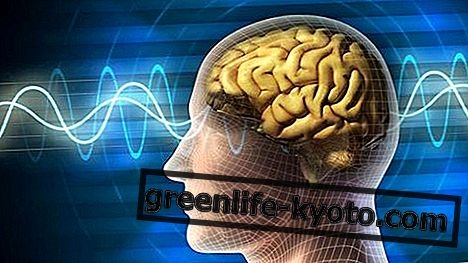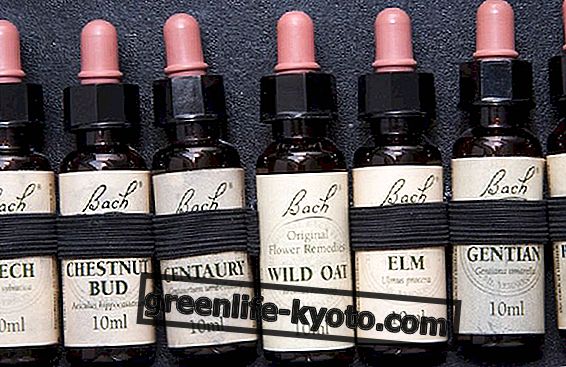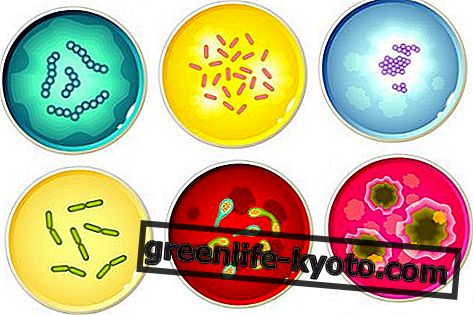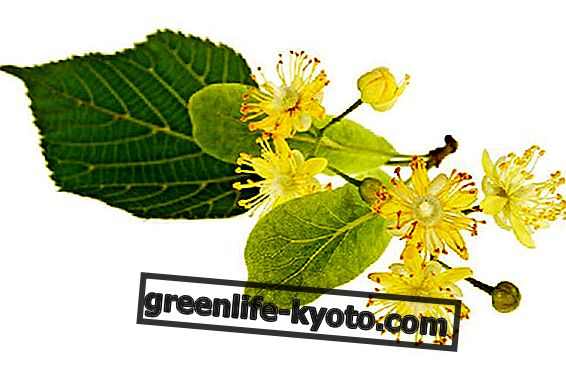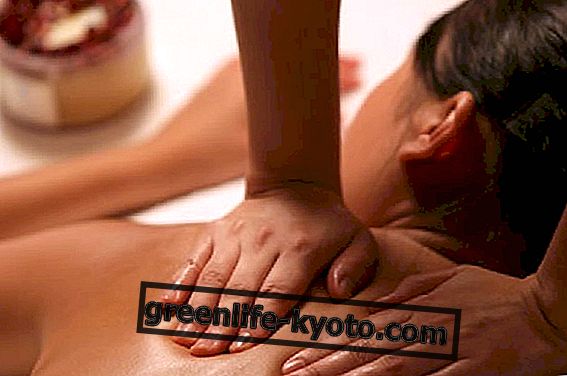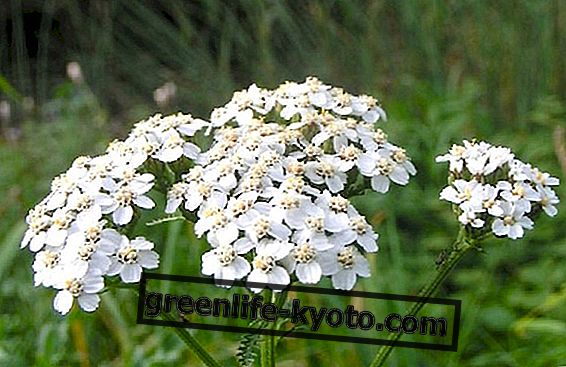
How the prostate works
The prostate is a glandular organ of the male genital apparatus essential for reproductive functions, as it produces an important component of the seminal fluid. Placed under the urinary bladder, it surrounds the initial portion of the urethra, that is the conduit that leads urine outwards from the bladder to be eliminated.
Its function is to produce a liquid with a very complex chemical composition, the spermatic liquid, which serves to convey the spermatozoa produced by the testicles (male gonads), thus ensuring their vitality and motility.
This gland can suffer from very widespread diseases, such as prostatitis, benign prostatic hypertrophy (BPH) and prostate cancer.
Oxidative stress and prostatic diseases
Recent scientific studies have highlighted the relationship between high oxidative stress and prostatic diseases.
The prostate, in fact, is the seat of an intense metabolic activity, source of free radicals, which, if not promptly neutralized, can favor cellular aging and be the presupposition of the development of chronic prostatic pathologies.
Phytotherapy and prostatic disorders
Phytotherapy, that is the part of Pharmacology that studies the therapeutic use of medicinal plants and the medicinal preparations obtained from them, can cure prostatic disorders; in fact, there are many plants that have beneficial effects on the prostate: Serenoa repens, Nettle, Pumpkin (seeds), Echinacea, Bearberry, Pygeum africanum, Red clover, Boswellia, Soja.
I also mention other substances with beneficial effects on the prostate: lycopene, lipoic acid, vitamin E, zinc, selenium, epigallocatechin-gallate of green tea, ellagic acid.
